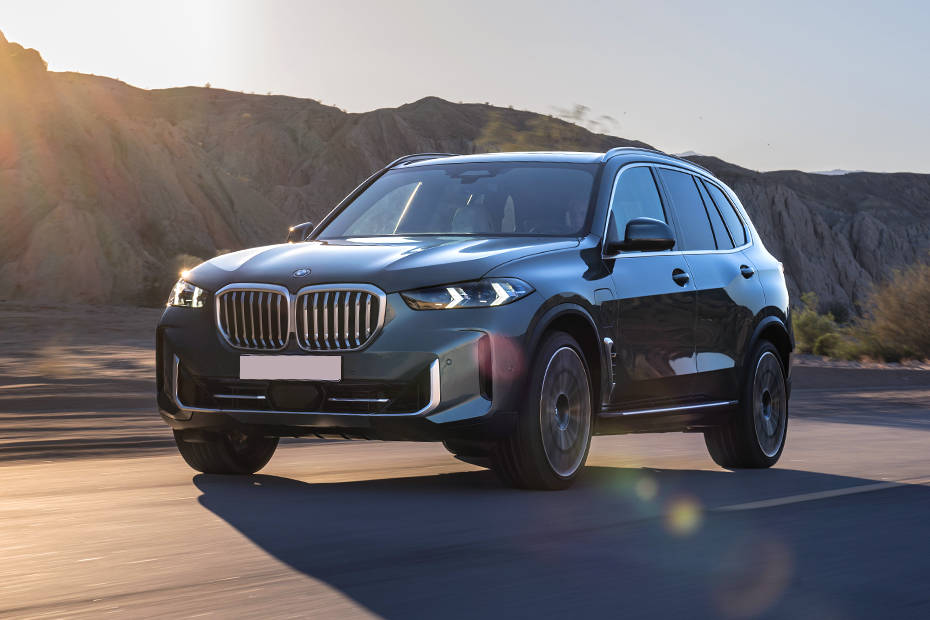BMW and Daimler (Mercedes-Benz’s main employer) are fierce opponents in vehicle promotion. Still, the two German automakers are teaming up as much as Uber and Lyft. The businesses had earlier introduced plans to merge their mobility offerings into a global joint challenge in 2018 and are supplying the primary info on how that attempt will make paint.
The organizations invested a combined $1.1 billion to create a comprehensive suite of mobility offerings, using every automaker’s present offerings as inspiration. BMW and Daimler already have 60 million clients globally from their current offerings, including the BMW Reach Now and Daimler Car2Go automobile-sharing services. The automakers asserted that autonomous electric vehicles may be incorporated as the technology matures.

The joint task will initially be recognized in five main regions. Taking its call from BMW’s existing United States-based vehicle-sharing provider, Reach Now will encompass multimodal transportation, including coordinating car-based total offerings with public transit and bike-sharing. Free Now will consist of ridesharing services that compete with Uber and Lyft, while Share Now will take care of automobile-sharing services. Charge Now and Park Now will pay attention to electric car charging and parking.
BMW and Daimler declare the joint project will create 1,000 jobs globally. The automakers no longer discuss specific plans for operations inside the U.S.; however, since each already operates mobility offerings here independently, offerings from the brand-new team effort will likely launch right here in the end.
The upward push of ridesharing, vehicle-sharing, and alternative mobility offerings using bicycles and scooters gives automakers a hazard. If you may hail an automobile using Uber or Lyft, hire one through Zipcar, or pedal in your vacation spot on a Lime motorbike, there’s less need to own a car. But automakers trust they can efficaciously compete with present mobility-carrier players. In addition to BMW and Daimler, automakers like Ford and Volvo are experimenting with mobility services; General Motors has a devoted automobile-sharing department called Maven and is launching a line of e-bikes below a brand-new brand called Arīv.
The anticipated upward thrust of self-riding cars could boost the increase of mobility offerings. Autonomous automobiles can live on the road longer, offering customers extra comfort and earnings-making ability to businesses. Daimler is already moving on that course, with plans to launch a self-reliant ridesharing pilot in San Jose, California, later this year.












